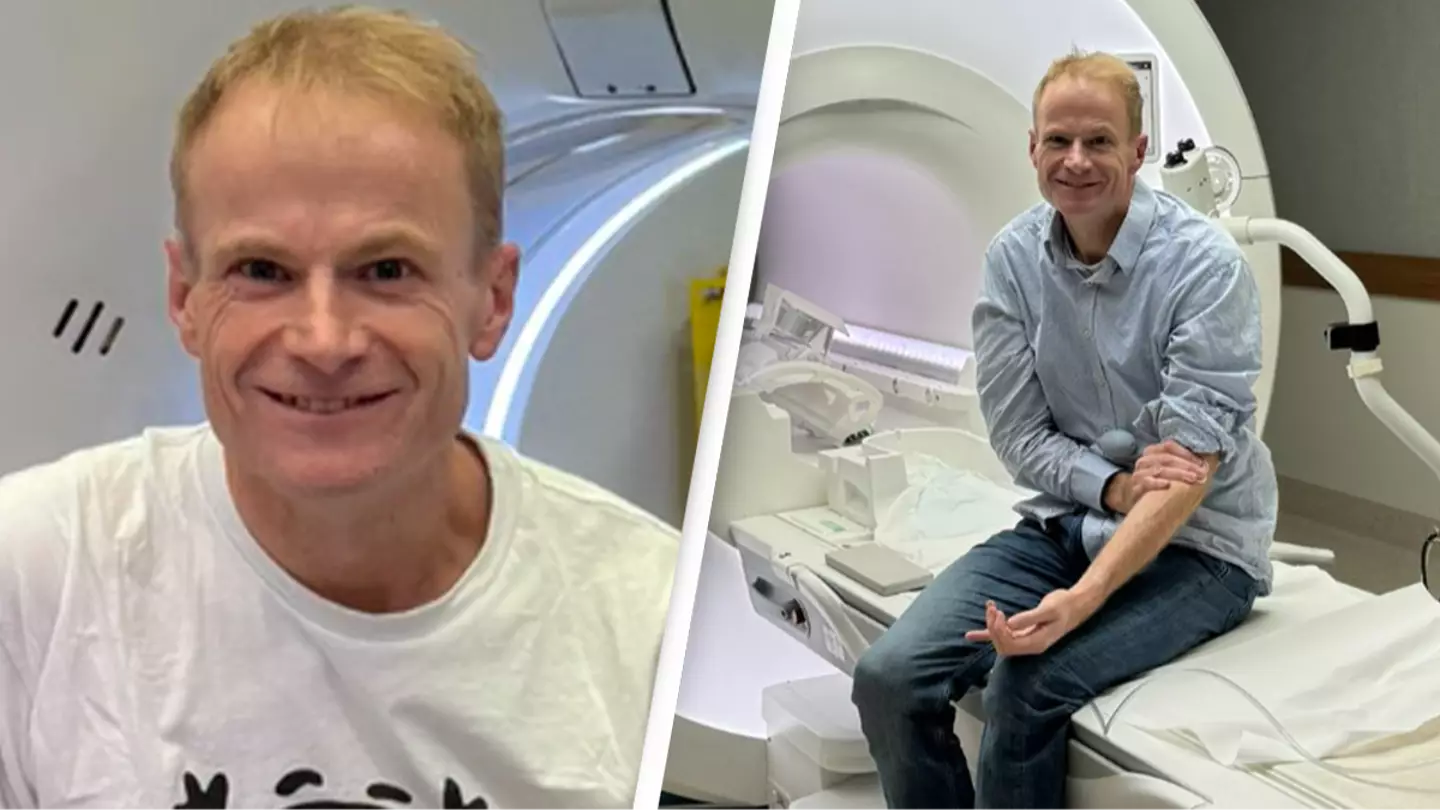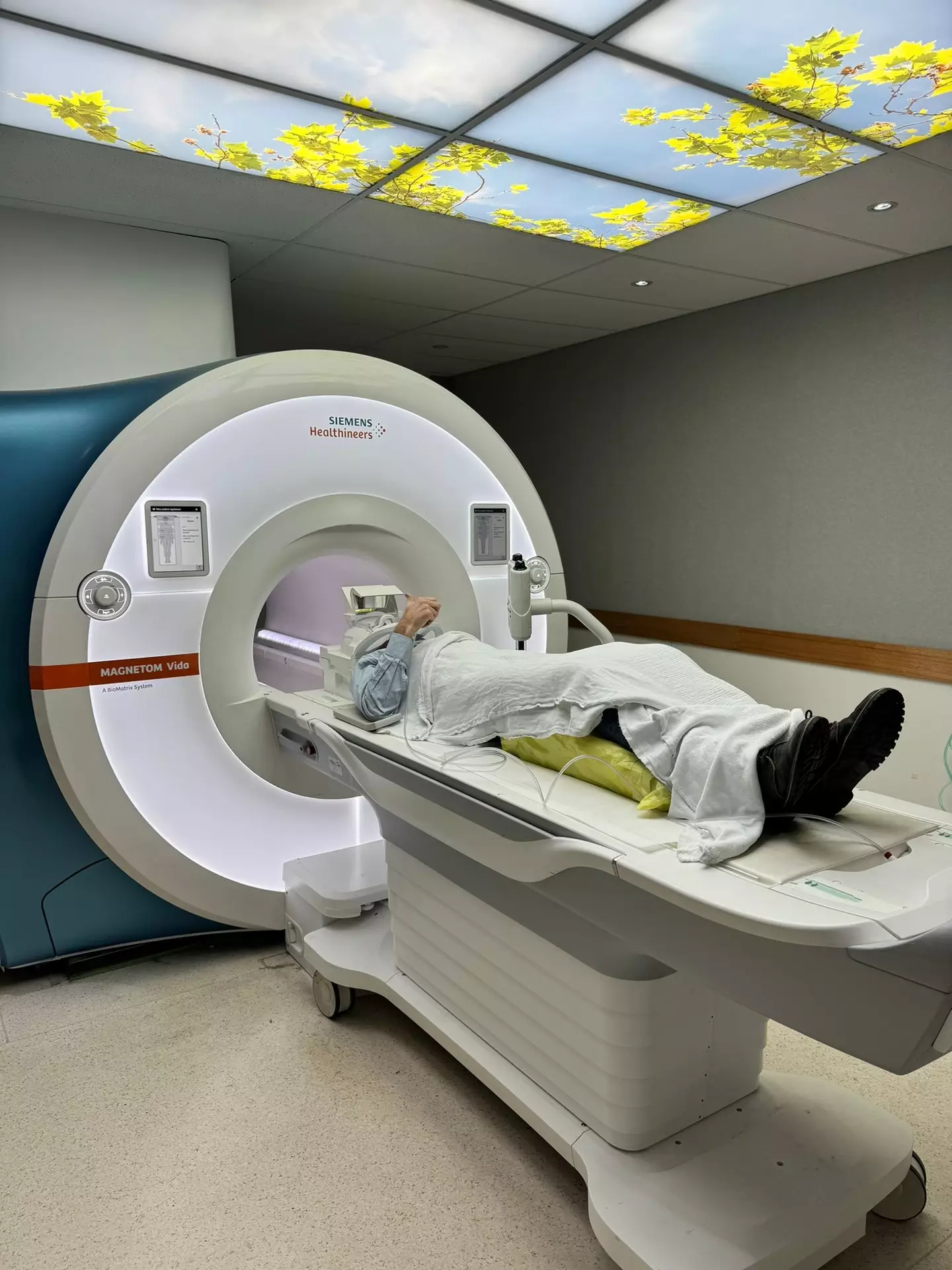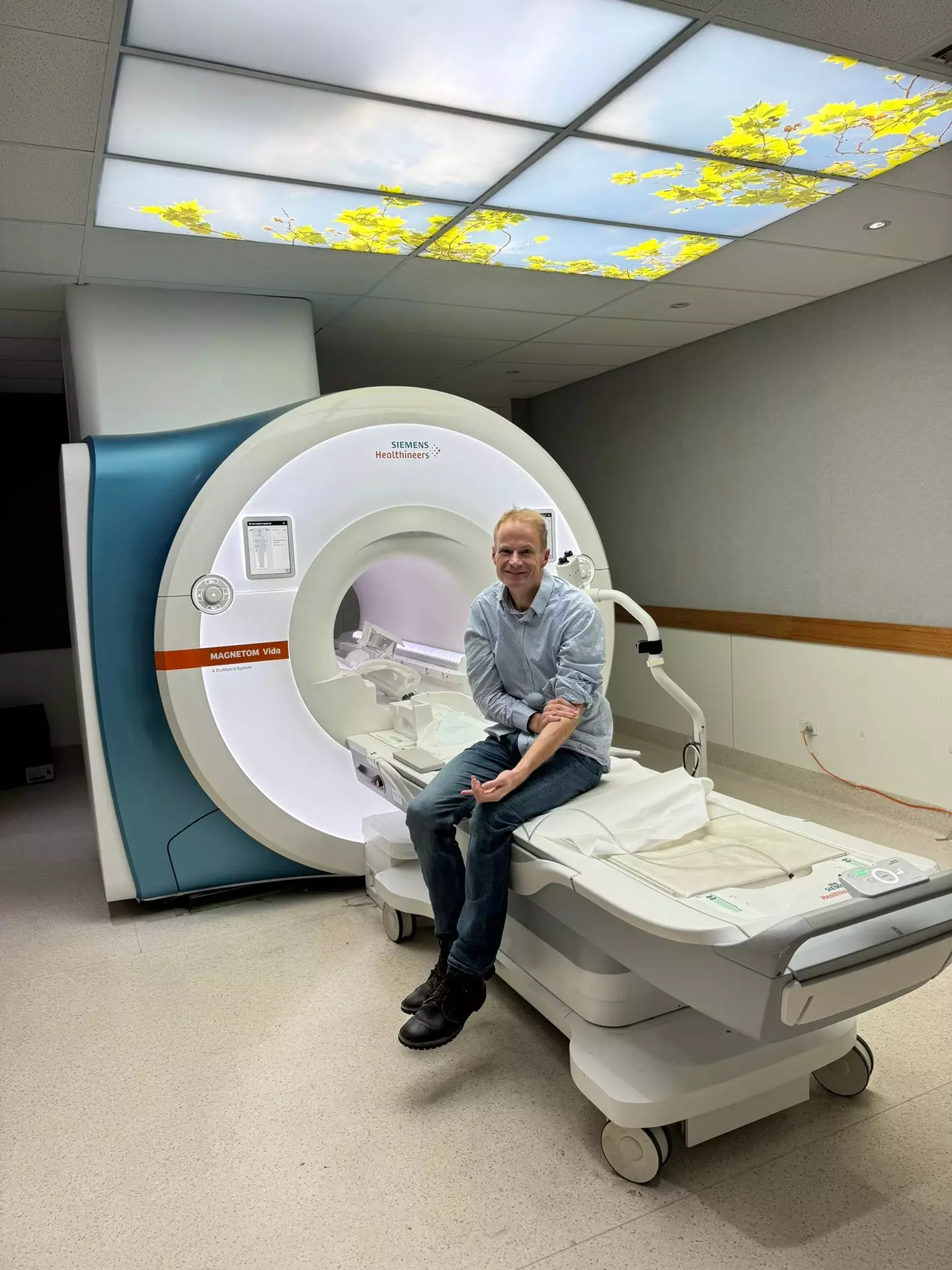
A doctor has shared the latest update one year since undergoing a world-first treatment for his terminal brain cancer diagnosis.
Last year, Australian world-renowned pathologist Richard Scolyer underwent an experimental cancer therapy based on his own research on melanoma - a type of skin cancer - and has since shared how he's doing one year on.
At 56 years old, Professor Scolyer - one of the co-directors of Melanoma Institute Australia - was diagnosed with glioblastoma, a fast-growing and aggressive type of brain tumor.
Advert
According to The Brain Tumour Charity: "The average glioblastoma survival time is 12-18 months - only 25 percent of patients survive more than one year, and only five percent of patients survive more than five years."
In his own work on melanoma cancer, Scolyer and his team had previously made a breakthrough in helping treat the skin cancer through a combination of immunotherapy - boosting the immune system to help the body find and destroy cancer cells - before removing the melanoma through surgery. Some patients were cured using the treatment, however it had never been used for any type of brain cancer.
Despite this, Scolyer decided to test the treatment on brain tumors - by making himself 'patient zero' - using a combination of immunotherapy, surgery, radiotherapy and a personalised vaccine and he's since revealed his scan results one year on.

On 13 May, the doctor took to his X account to share the latest update in his cancer journey.
Advert
The post shows two images of him, one lying down about to head into an MRI scan machine and another of him sat up on the table, smiling at the camera.
The caption reads: "I had brain #MRI scan last Thursday looking for recurrent #glioblastoma (&/or treatment complications). I found out yesterday that there is still no sign of recurrence.
"[...] Thank you to the fabulous team looking after me so well especially my wife Katie & wonderful family!"

He added to the BBC he was 'more nervous' for his one-year scan than any others he'd had before, but is 'just thrilled and delighted' with the results.
Advert
While the doctor notes the success of the scan one-year post treatment 'certainly doesn't mean that [his] brain cancer is cured' he reflects 'it's just nice to know that it hasn't come back yet' which means he's got 'more time to enjoy life' with his wife and kids.
Prof Scolyer resolved: "[I] couldn't be happier."
If you’ve been affected by any of these issues and want to speak to someone in confidence, contact the American Cancer Society on 1-800-227-2345 or via their live chat feature, available 24/7 every day of the year.
Featured Image Credit: X/@ProfRScolyerMIATopics: Cancer, Health, World News, Science, Australia